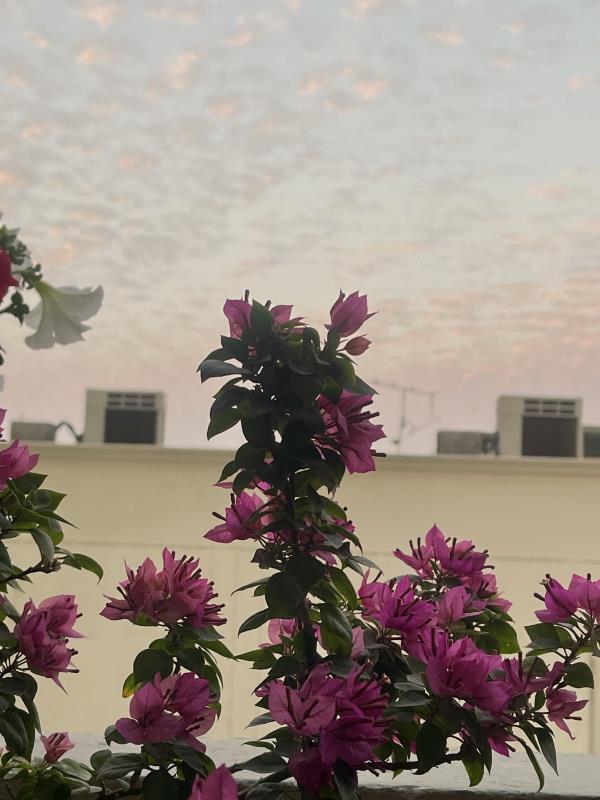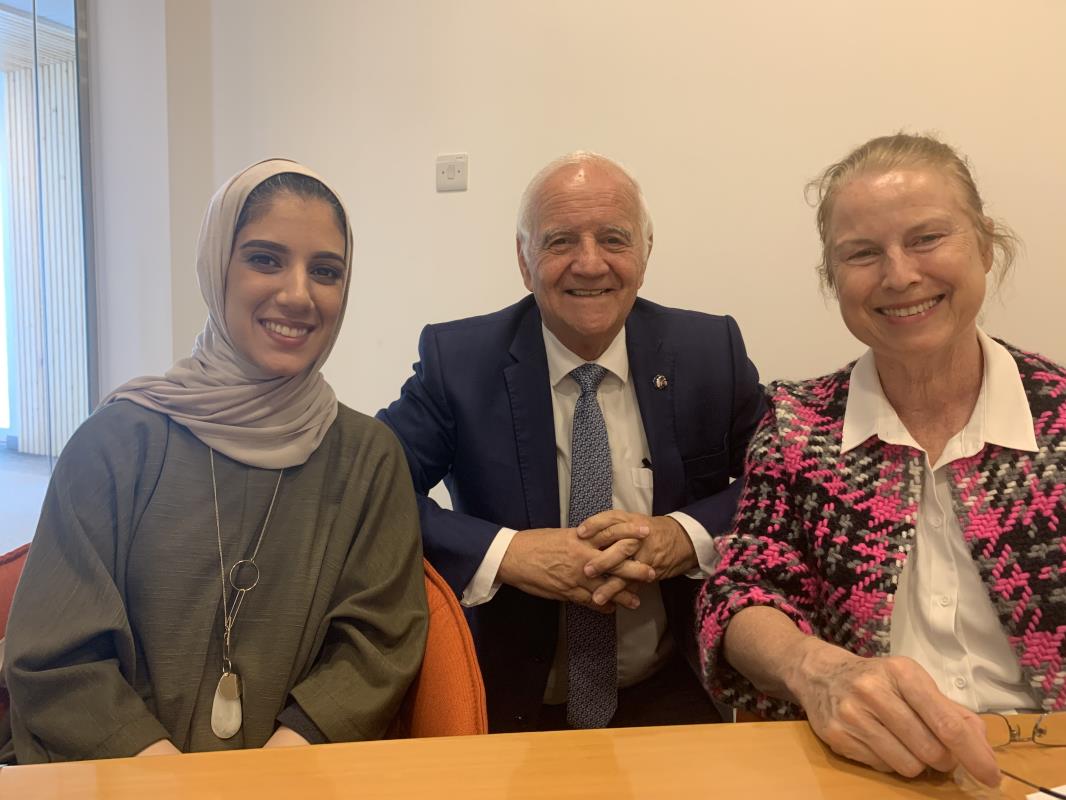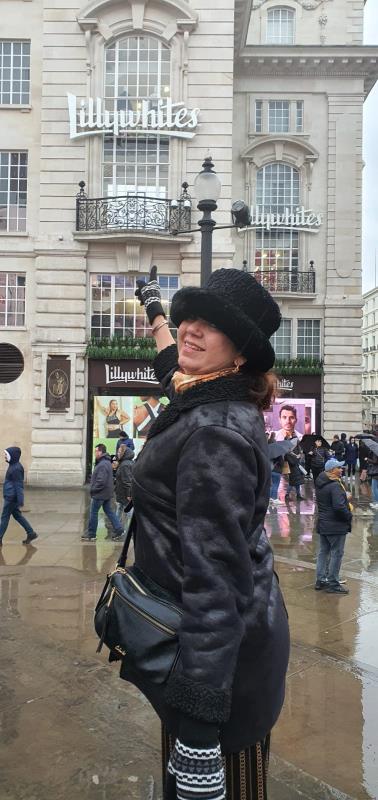
INTERNATIONAL moves to ban a popular Chinese social media app over data collection concerns may be growing in momentum but influencers in Bahrain are confident it will remain operational in the region.
They attract huge numbers of followers pushing and promoting products on TikTok and believe that even in the worst case scenario they could continue making a fortune on other platforms.
One of the most popular TikTokers in the kingdom, Huda Almarzooq (@h1uda), who boasts more than 1.2 million followers, admits the app is ideal for newcomers and brand expansion but established creators could attract ‘more stable’ revenue streams.
“It is my personal belief that every country has the right to protect its citizens in whatever way it thinks suitable. However, when it comes to banning an app, the reasons for doing so must be reasonable and acceptable to the people who use it,” she said.
“Unlike other social media platforms where users can easily make a living off their content once they reach a certain number of followers, being a TikTok content creator is not as straightforward.”
Ms Almarzooq added that TikTokers can make money through sponsorships, brand deals, merchandise sales, or direct payments from TikTok’s Creator Fund programme, although the payments vary widely depending on several factors, such as the type of content, number of followers, and the number of brand deals they secure.
Ms Almarzooq
The popular app is reportedly being used by more than one billion monthly active users globally.
The innovative platform’s introduction of short videos and its unique algorithm system created a new perspective for social media, she added, which has now been adopted by rivals.
This means that even if it was to be banned in certain regions, content creators would still have an opportunity to stand out on other platforms with similar features.
TikTok is owned by China-based ByteDance, the world’s most valuable start-up. Numerous countries have raised concerns over its closeness to the authorities and its hold over user data.
Its chief executive Shou Zi Chew, recently testified at a US congressional hearing, denying suggestions that international data could be shared with the Chinese government.
Mona Alresais, a research analyst at the Bahrain Centre for Strategic, International and Energy Studies (Derasat) believes that the idea of an application being an espionage tool comes from western tensions with China.
“The notion comes from a Western-Chinese struggle,” she told the GDN.
She believes that the fear stems from the China’s 2017 National Intelligence Law, which requires Chinese organisations and citizens to ‘support, assist and co-operate’ with Chinese intelligence activities.
“The interpretation may be taken out of context, as the legislation also contains provisions that protect users’ and private companies’ rights,” she added.
Ms Alresais believes that any decision to ban or restrict social media platforms should be carefully weighed against potential benefits.
“TikTok has helped small businesses in establishing their brands and expanding their marketing reach, making a ban potentially detrimental to them.
“It provides a platform for creative expression and fosters connectivity among people around the world.
“Any decision to ban the app should, therefore, be based on factors such as data privacy concerns, inappropriate content and potential risks to national security.
“It should be made with careful consideration of all relevant factors, including the potential impact on citizens and the broader geopolitical context.”
Several nations, such as the US, have already banned the application on government devices and the European Parliament has also acted by removing the app from staff phones.
Ms Alresais
Inifiteware chief executive Ameen Altajer, an expert in cybersecurity, believes that the accusations are not entirely unfounded. “China has a history of espionage and surveillance,” he alleged. “We can see signs of it by reverse engineering the application.
“It harvests data, especially behavioural data. It has direct access to your face, the more you scroll, the more information is being sent,” he said.
However, decisions on its use should be made in the home and not just by governments. “They have essentially become products themselves,” he said.
Mr Altajer
Former MP and popular TikTok user Hamad Alkooheji (@mp_hamadalkooheji), who has 26,000 followers, agrees.
“Every country has the right to decide on its own rules and regulations, but banning the app would not necessarily protect users,” the former legislator said. “The Internet itself can be dangerous if misused, not just TikTok.
“There are risks associated with every application and every website, and banning one will do absolutely nothing in the long run.”
There have also been concerns raised about children using the application with TikTok being accused of promoting content that encourages eating disorders and inflicting ‘emotional distress’.
Mr Alkooheji
Britain’s Information Commissioner’s Office earlier this month fined TikTok millions of pounds for breaching data protection law, including using the personal data of children aged under 13 without parental consent.
nader@gdnmedia.bh
preprocess








































































